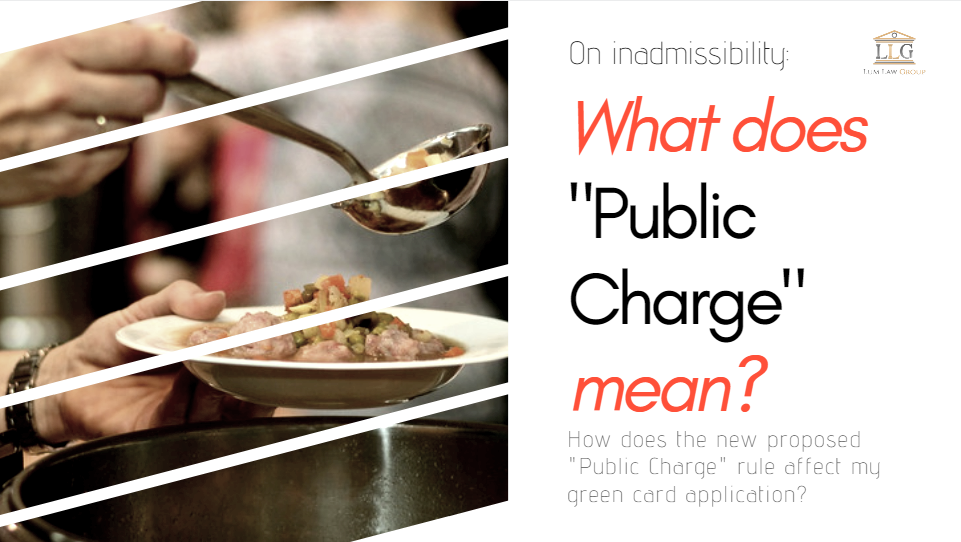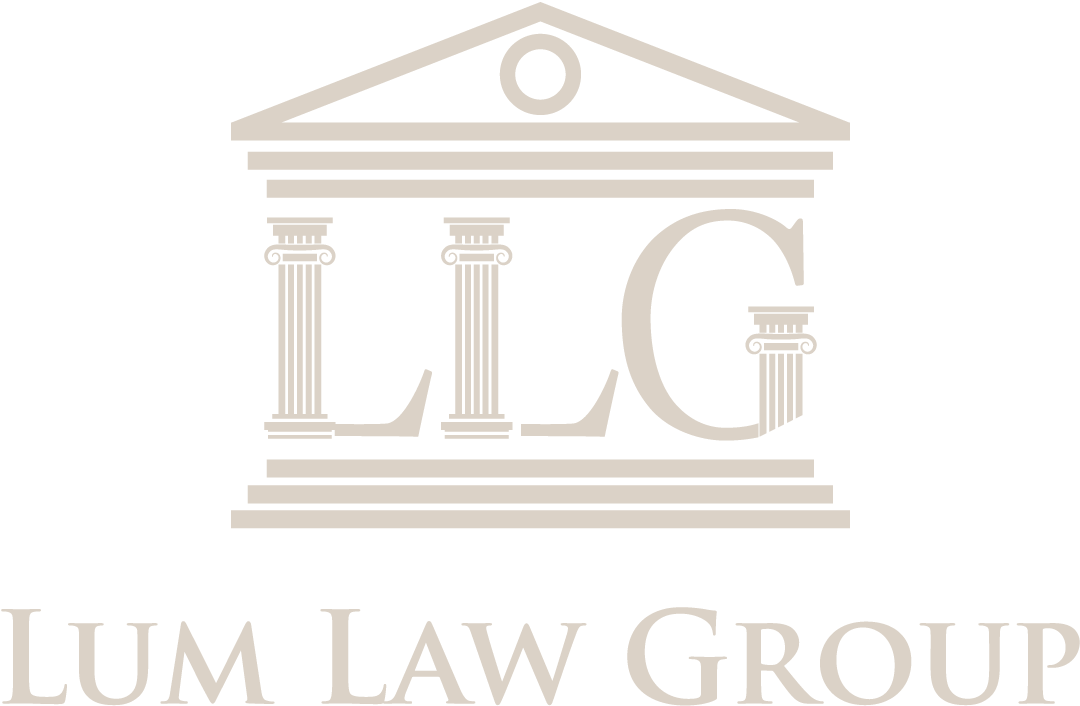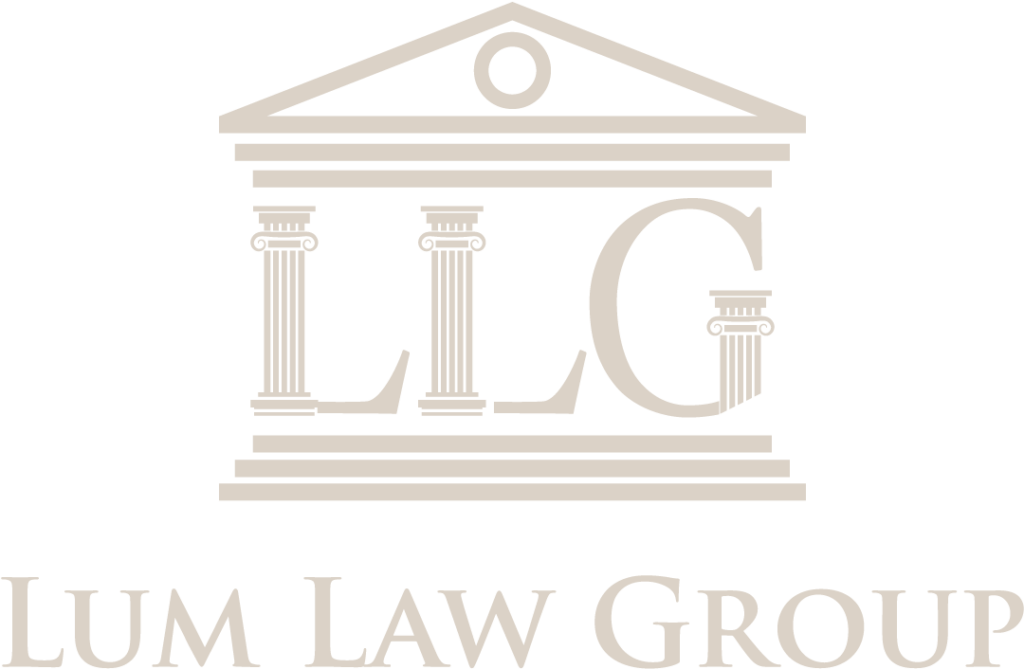What does “Public Charge” mean and how does it affect me?

We have noticed conflicting information regarding the recent proposed changes to the existing public charge inadmissibility grounds. To read the actual notice published on October 10, 2018, the Notice of Proposed Rulemaking, from United States Citizenship & Immigration Services (USCIS), please click here. We hope this article will clarify the key questions our clients ask us […]
So I want to apply for a Green Card…

If you were applying for a green card in the past, you could do it yourself. However, today you need competent counsel to help you. Our current government is changeable, as evidenced by the new eighteen-page I-485 Adjustment of Status form–as opposed to the old six-page form. Now, the need for an attorney begins before […]
Family Adjustment of Status – Divorced parents – by Albert Justin Lum

Family Based I-130 – Reminder to parents! It is important to keep records of the care you give your children, even when divorced. We recently helped a client to obtain permanent resident status based on a petition from the U.S. citizen child as a divorced parent who did not have custody of the child. A […]

